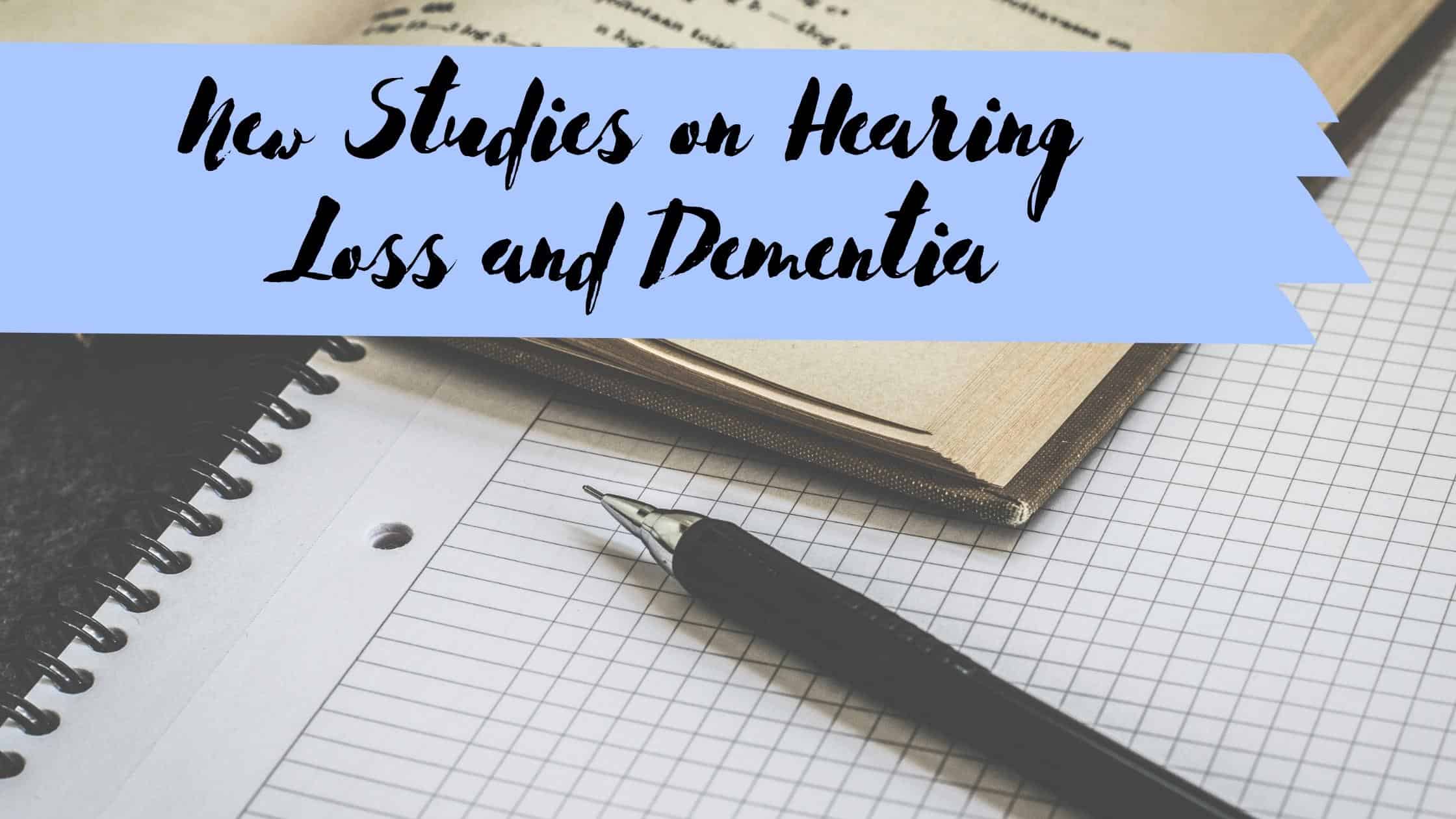
Hearing loss and dementia are linked. Numerous studies show that hearing loss is a risk factor for dementia. This means that living with untreated hearing loss can increase your risk of developing dementia. Let’s look at another new study on hearing loss and dementia, linking dementia to speech-in-noise hearing loss.
How Common Is Dementia?
First, let’s look at dementia. According to the World Health Organization, 50 million people around the world have dementia. There’s currently no way to cure dementia, so treatment focuses on managing symptoms and preventing further damage. Another main focus is preventing dementia by learning more about risk factors and minimizing the risk of developing dementia. For example, quitting smoking, managing diabetes, or treating hypertension can all lower the risk of dementia.
Hearing Loss and Dementia
Hearing loss is a common risk factor for dementia. Researchers agree that treating hearing loss can go a long way in preventing dementia or slowing symptoms. Treating hearing loss makes it easy to stay socially active and gives your brain the right kind of exercise to stay healthy. Treating hearing loss also helps you hear without straining to follow conversations. Your brain can focus on other tasks besides hearing, for example following the meaning of the conversation, forming memories, and performing other tasks.
What About Hidden Hearing Loss?
There’s been a lot of recent attention on the role of hidden hearing loss. This is a type of hearing loss that’s harder to detect. If you’re in a quiet place, for example, the quiet audiologist’s office, you have no trouble hearing sounds, including speech sounds. You can easily have a conversation with your loved one at home. You probably do not think you have hearing loss.
However, as soon as there’s some background noise, you suddenly have a very difficult time picking out speech sounds, separating speech sounds from background noise, or understanding what’s being said. When you try to follow a conversation in a social setting, you can’t seem to hear the words. You dislike meeting friends in a restaurant because it’s just too hard to hear. Background sounds seem very loud and it’s just too hard to hear.
A recent study followed over 82,000 adults for a number of years. All the participants were ages 60 and up. Researchers followed up with participants several times over 11 years. They performed hearing tests and also tested their hearing in background noise. Researchers uncovered a clear link between hidden hearing loss and dementia.
Adults who had difficulty hearing speech in noise were 61% more likely to develop dementia. Meanwhile, adults who have very poor speech-in-noise hearing have a 91% greater risk of developing dementia than adults without hearing loss.
How are Dementia and Hearing Loss Connected?
No one knows exactly how hearing loss and dementia are connected. Hearing loss is a clear risk factor for dementia, but dementia can also be a risk factor for developing hearing loss. It’s also possible that a third factor is causing both dementia and hearing loss.
One common explanation for the link between hearing loss and dementia is the fact that hearing loss puts a real strain on the brain. When you can’t hear clearly, your brain kicks into high gear. Not only does the auditory system work hard to make sense of sounds, but other systems in the brain also get involved. For example, your thinking and reasoning skills are used to guess at what’s been said, pick up cues from the context, or try to understand the emotion of what’s being said. This taxes the brain, increases the risk of cognitive decline, and can lead to dementia.
Treating Hearing Loss
There’s no cure for dementia, so preventing dementia is a key focus for researchers and healthcare providers. One way to reduce your risk of dementia is to treat your hearing loss. This includes hidden hearing loss or speech-in-noise hearing loss.
Visit us today for a hearing test. We test in both quiet and noise to uncover any hidden hearing loss. If you’re having a hard time hearing, we’ll help you find hearing aids that make it easy to hear, reduce the strain on your brain, and help you take the right steps to prevent dementia.
